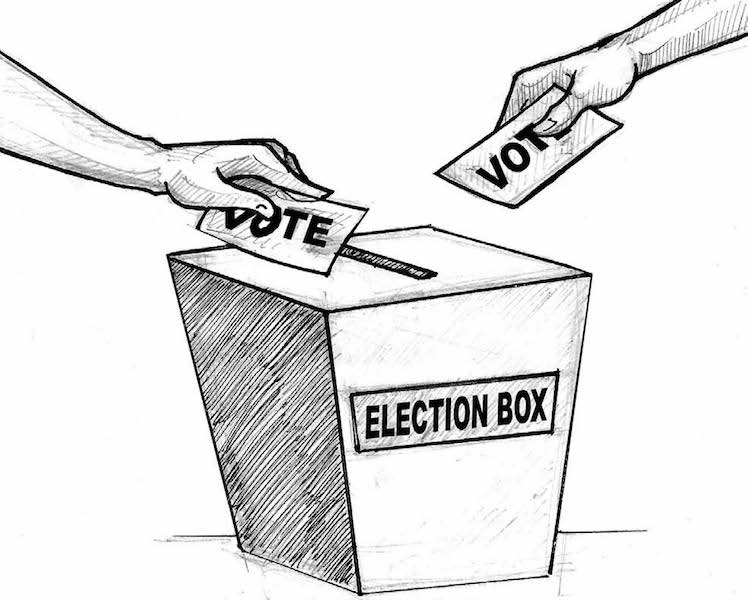Having experimented democratic governance for twenty-two years now, it is widely believed that Nigeria has come a long way in taking this form of government to the next level. Apart from being a system of government under which people exercise their governing power, either directly or through elected representatives, democracy provides a veritable platform for the citizenry to express their views on issues of national importance.
However, democratic practice can engender national discontent and acrimony, if apathy, sentiment and sectional bias are allowed to override its basic principles, norms and values. Democracy worldwide demands from the people a certain level of ability and character. These include rational conduct and active participation in decision making process, intelligent understanding of public affairs, independent and unbiased judgment, tolerance and selfless devotion to public welfare.
Unfortunately, the kind of democracy we practice in Nigeria cannot be said to have these ingredients. Rather, most Nigerians view democracy from party point of view, tribal inclinations and warped political mindset.
Many hardly see anything good in any government so long as that government does not pander to their selfish interest.
It is an established fact that some of the ethno-political skirmishes we witnessed in some parts of the country in recent times were triggered off by unguarded utterances, actions and unwholesome outbursts by those who are supposed to be in the forefront of the campaign for national integration and political cohesion. No doubt, many people with sound democratic ideas have been degraded politically because of biased political culture and orientation.
In our bid and desire to have only our people at the helm of affairs at all times, we often jettison merit and enthrone mediocrity, even at the expense of our common good. It is only in Nigeria that forces are mobilized by interest groups in defense of corrupt leaders and treasury looters. At times, some sing the praises of such corrupt leaders for having the bravado to steal from the national wealth, and they often regard such loot as their own share of the “national cake”. This is quite unacceptable and should be discouraged in all ramifications. It is also observed that any decision made at the governmental level, no matter how ideal, is usually described as politically motivated.
There is no doubt that conflict of ideas and divergent opinions are bound to exist in a democratic dispensation like ours, given our heterogeneity and beleaguered political evolution, but people should always look at issues more critically by thinking beyond party line and sectional cocoon in the interest of national growth. It is quite sad that Nigerians do not vote because of sad experiences they had in the past or due to other forms of apathy, while others only consider candidates on the basis of the strength of their pocket.
Some of those who aspire to public offices are too selfish; they want to fill their pockets. They do not even consider the achievements of those occupying the position, whom they want to change. That is why elections are usually made a do or die affair, as against what obtains in advanced democracies where people see election as a call to service.
Time has therefore come for all Nigerians to make a sober reflection on our political history and see where we get it right and where we need some fine tuning in the interest of all of us.
Although the long period of military rule may have contributed partly to our political problems, it has become imperative to take a cursory look at other West African and African countries with whom we started this epic journey to freedom and see where they are today.





Comments are closed for this post.